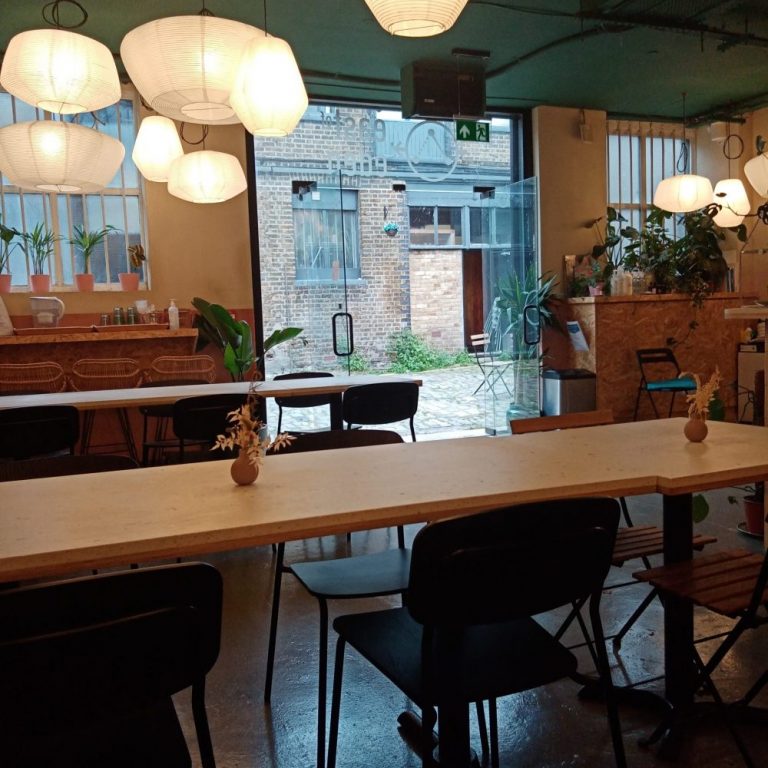Talking with a group of strangers about death

We’ve been waiting a long time to be able to hold an in-person Death Cafe. That day finally arrived on Saturday 26th September 2021, when we hosted our first North East London Death Cafe at the very tranquil East of Eden in Walthamstow.
It was lovely seeing people walk through the cafe door with a mix of anticipation and nervousness on their faces and then quickly hearing chatter and laughter as they started introducing themselves to each other.
Before too long we had a group of total strangers, sipping hot drinks, ready to start talking about death.
From the discussions in my group, three topics struck home:
The death of a parent
This was something we could all relate to whether the death had been recent, years ago or was anticipated.
People shared how lonely grief can feel. Friends or colleagues don’t always know what to say to you and therefore might avoid talking to you or avoid talking about the person who has died. Sometimes people stop socialising with you altogether. Having people who are able to listen to you and listen to what you are experiencing can help to feel seen.
We talked about how people use euphemisms instead of saying the word ‘died’ – “I’m sorry you lost your Mum”, “I’m sorry to hear your Dad passed away”. Are these euphemisms helpful or not? We talked about people using them because ‘dead’ or ‘dying’ can sound and feel too harsh. However, for many who have been bereaved, these euphemisms can actually minimise the pain they are feeling and don’t acknowledge the enormity and finality of what has happened.
Can we prepare for grief?
This is something I have been thinking about for a while. I know we can prepare for the end of life but can we prepare for grief? Is there anything we can do, before someone close/important to us dies, to help ease the pain?
We discussed that, if we can help that person prepare for their death by talking with them about their end of life wishes, then maybe we can help them to have a ‘good death’; to have some control over how and where they die. Of course, we can’t take away the pain we may experience when they die but being open about death and what is ahead, and helping them prepare for this, may help us feel that we did our best. Maybe this will then prevent some of the guilt that can be experienced following a death.
Is it important to have a place to visit after someone dies?
Do we need somewhere to visit, like a grave or where we’ve scattered the ashes to still feel connected to that person.
Some of us felt that a graveyard was too formal; maybe too restricting and tying. You may feel pressure to visit regularly. When my Dad died we took his ashes to North Wales, to a place where we used to go to on family holidays. It’s a stunning spot by the sea; overlooked by the mountains. I like having this place to visit (and think about it) even if I don’t go there very often. Maybe it provides something tangible to hold onto even when you have let go.
It’s amazing how time flies when you’re talking about death with a bunch of people you’ve never met before. And so, as it should be at a Death Cafe, we talked for almost an hour and a half and came to no set conclusions. Except of course that we are all going to die and therefore we need to get much better at talking about it.
If you would like to be part of the conversation, we are hosting our next Death Cafe in Walthamstow on Saturday 6th November 2021, 2.30 – 4.30pm